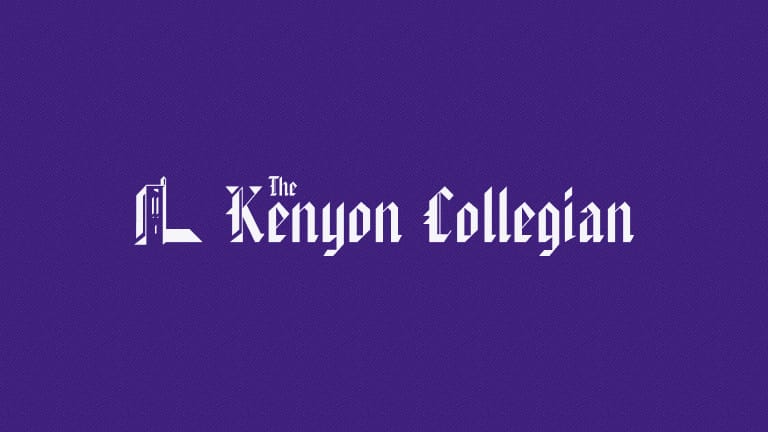
In my day-to-day conversations at Kenyon, allusions or direct references to poor mental health are increasingly common, echoing across a spectrum of voices from student-athletes to members of Greek life. Though every student has unique pressures and points of stress, a recurrent theme in the conversations I’ve had centers around the College’s administrative shortcomings. As students, there is no quick or definitive solution. However, forming student-led support structures and demanding a better allocation of College resources to improve campus-wide mental health are crucial steps toward a solution for addressing Kenyon’s mental health challenges.
The intensified enforcement of noise ordinances by Campus Safety has led many students, myself included, to question the prioritization of the College’s resources in supporting students’ mental health. Compared to last year, parties hosted at North Campus Apartments (NCAs) have been shut down significantly sooner, dealing a blow to campus-wide mental health through the elimination of a reliable method of relieving pent-up stress from a week of classes. If the College cared as much about students’ mental health as it advertises, it would do more to take pressure off groups like Greek organizations and the Horn Gallery to have avenues to socialize. Providing a platform for student bands other than jam-packed Horn events and impromptu NCA gigs, for example, would give students an outlet through which they could engage with campus culture and let out stress.
The disparity between available mental health resources and the needs of the student body is highlighted in the Cox Health and Counseling Center’s counseling capacity. With seven counseling staff compared to the almost 1900 students enrolled at Kenyon, a significant accessibility gap exists. This disparity leads to longer wait times for many students, contradicting the College’s advertisement of readily accessible and free counseling available to all students. There is a substantial part of the Health Center’s web page dedicated to outside resources that students can access. However, the extensive and time-consuming nature of sifting through a myriad of websites and organizations creates a lack of navigability and clarity, an issue that would be resolved through a quickly accessible, streamlined list of resources. Without that ease of use, those in need of more immediate help face a scarcity of easily accessible resources and available support options.
As Kenyon grapples with a shortage of readily available mental-health resources, the need for a united, community-driven response is undeniable. The student body has done a variety of uplifting work through student-led groups, with organizations focusing on specific on-campus identities and issues increasing in number and strength in recent years. Morgan’s Message, for example, is a national organization founded in honor of the late Duke lacrosse player Morgan Rodgers that works to raise awareness and reduce stigma about the mental health of student-athletes. The student-led chapter at Kenyon has planned open discussions and watch parties for national speakers, with many athletic teams dedicating a game to the organization. As initiatives like Morgan’s Message exemplify the benefits of collective action and foster meaningful discussion and support, it is imperative to take the opportunity to strengthen current initiatives and introduce new ones.
However, there is a gap to be bridged in adequately addressing the needs of minority groups on campus. Groups such as the Sexual Respect Peer Alliance, Crozier Center for Women and Unity House provide support and safety for marginalized and underrepresented communities, demonstrating the effectiveness and breadth of what the community can do when organized. More funding and support from the College would only increase the outreach capabilities and campus presence of these kinds of organizations.
The demand for a more expansive and cohesive approach is amplified by the continual failings of the administration and a growing campus-wide conversation about mental health on campus. Given the College’s lackluster and inadequate efforts, it falls upon the student body to take decisive action. We, as a community, must make a concerted push to disseminate streamlined and navigable resources, organize support systems designed for the increasingly diverse needs of the campus community and demand that the College use its resources for the benefit of its students.
Austin Vaughan ’26 is a Psychology and English major with a concentration in Creative Writing from Cincinnati. They can be reached at [email protected].
